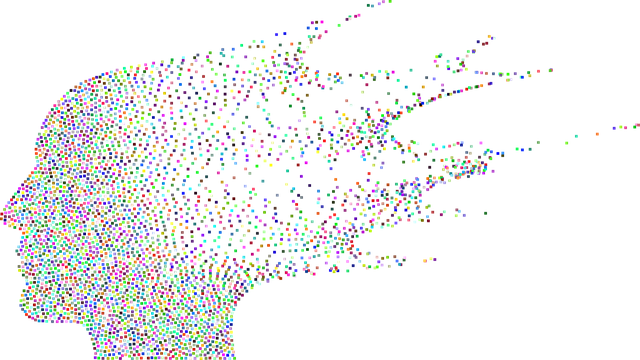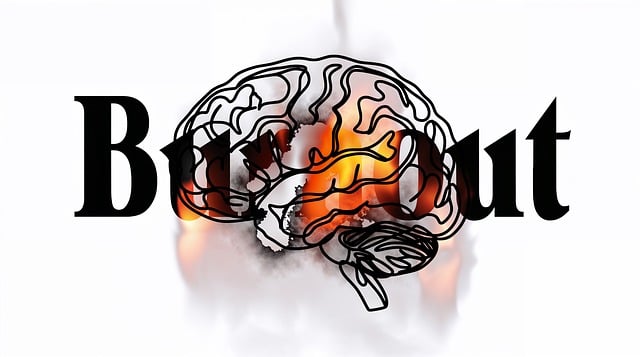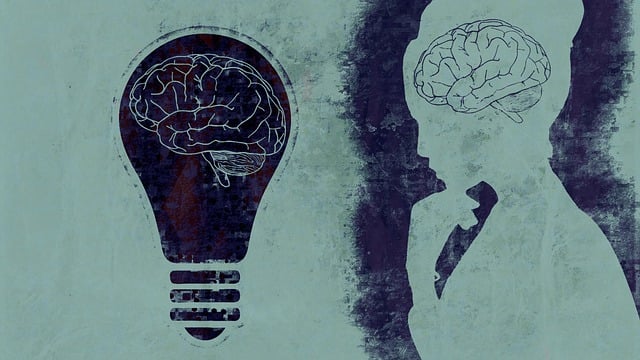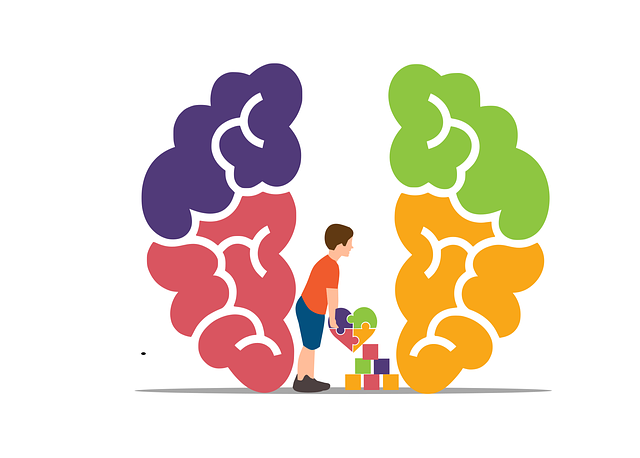In diverse urban centers like Colorado Springs, cultural competence is crucial for effective healthcare delivery. Specialized training in emotional intelligence and cultural sensitivity, such as the Mental Health Policy Analysis and Advocacy approach, equips therapists to provide tailored therapy addressing complex mental health concerns within a diverse community. Holistic training programs combining theory and practical skills, including interactive workshops, case studies, and role-playing exercises, enhance cultural competency for therapists treating diverse Indigenous communities. These initiatives, highlighted through real-life case studies, improve staff resilience and contribute to better mental wellness outcomes for diverse clients in Colorado Springs therapy settings.
“In today’s diverse healthcare landscape, cultural competency among providers is no longer an option but a necessity. This article explores the evolving role of cultural competence in modern therapy practices, particularly in Colorado Springs. We delve into the significant impact of unconscious biases and stereotypes on patient care, offering insights that challenge therapists and clinicians to go beyond basic training. Through case studies from local Colorado Springs therapy settings, we present successful strategies for implementing comprehensive cultural competency programs.”
- Understanding Cultural Competence in Healthcare: A Necessity in Modern Practice
- The Impact of Cultural Biases and Stereotypes on Patient Care
- Designing Effective Training Programs for Therapists and Clinicians
- Case Studies: Successful Implementation of Cultural Competency Training in Colorado Springs Therapy Settings
Understanding Cultural Competence in Healthcare: A Necessity in Modern Practice

In today’s diverse and interconnected society, cultural competence has become an indispensable aspect of healthcare delivery, especially in urban centers like Colorado Springs. The ability to understand, appreciate, and respect patients’ cultural backgrounds, beliefs, and values is not just a moral imperative but also a practical necessity for healthcare providers. This concept goes beyond language translation; it involves recognizing that mental health practices and treatments must be tailored to address the unique needs of diverse patient populations.
For therapists and clinicians in Colorado Springs therapy settings, navigating this cultural landscape requires specialized training. The Mental Health Policy Analysis and Advocacy approach highlights the importance of emotional intelligence and cultural sensitivity in providing effective therapy. By integrating Healthcare Provider Cultural Competency Training, professionals can better serve their clients, ensuring that therapeutic practices are inclusive, respectful, and ultimately more successful. This is crucial for building trust, fostering open communication, and achieving positive outcomes, especially when addressing complex mental health concerns within a diverse community.
The Impact of Cultural Biases and Stereotypes on Patient Care

In healthcare, cultural biases and stereotypes can significantly impact patient care. These unconscious preconceptions influence therapists’ and clinicians’ interactions with patients from diverse backgrounds, leading to miscommunications and potential harm. For instance, a therapist from Colorado Springs might unintentionally perpetuate stereotypes about specific cultures or ethnic groups, affecting the level of trust and openness established with their clients. This can hinder effective therapy, as patients may feel misunderstood or stigmatized due to these biases.
The Mental Illness Stigma Reduction Efforts emphasize the importance of acknowledging and addressing these cultural barriers. By participating in healthcare provider cultural competency training, therapists and clinicians can learn to navigate complex cultural landscapes more effectively. Adopting Mind Over Matter principles encourages professionals to reflect on their own biases and replace them with empathy, allowing for a more inclusive and supportive environment. This approach is crucial for improving patient outcomes, especially in diverse communities like Colorado Springs Therapy for Therapists-Clinicians.
Designing Effective Training Programs for Therapists and Clinicians

In designing effective training programs for therapists and clinicians in Colorado Springs therapy settings, a holistic approach that addresses both theoretical knowledge and practical skills is essential. Training should go beyond surface-level awareness and encourage deep understanding of diverse cultural backgrounds, including Indigenous communities specific to Colorado. Interactive workshops, case studies, and role-playing exercises can facilitate this process. For instance, incorporating mental wellness journaling exercise guidance allows professionals to explore their own biases and develop empathy while learning effective communication strategies for a variety of patient profiles.
Integrating mental wellness coaching programs development into the curriculum empowers therapists to create tailored support plans that promote anxiety relief and overall mental wellness. By fostering an environment where clinicians feel supported in their continuous professional development, these training programs can enhance cultural competency in Colorado Springs therapy practices, ultimately benefiting the diverse range of clients they serve.
Case Studies: Successful Implementation of Cultural Competency Training in Colorado Springs Therapy Settings

In Colorado Springs, several therapy settings have successfully implemented cultural competency training programs that have led to significant improvements in patient care and outcomes. These initiatives have been instrumental in fostering an inclusive environment where therapists and clinicians can effectively serve a diverse range of clients. By examining real-life case studies, it’s evident that tailored training sessions play a pivotal role in enhancing cultural sensitivity among healthcare providers.
The successful implementation has involved interactive workshops, group discussions, and personal reflections designed to explore different cultural perspectives. These strategies have not only improved therapists’ ability to understand and respect clients’ backgrounds but also encouraged the development of inner strength and resilience among both staff and patients. Additionally, the Mental Wellness Podcast Series Production has been utilized to share success stories and best practices related to cultural competency training in Colorado Springs therapy settings, further emphasizing the importance of this approach in promoting mental wellness.
Cultural competency training is no longer a luxury but an imperative for healthcare providers, especially in diverse communities like Colorado Springs. By recognizing and addressing cultural biases and stereotypes, therapists and clinicians can significantly improve patient care outcomes. The case studies presented highlight successful implementation strategies, demonstrating that tailored training programs can foster inclusive practices, enhance therapeutic relationships, and ultimately, benefit the well-being of patients from various cultural backgrounds. Embracing these innovations in Colorado Springs therapy settings sets a precedent for improving healthcare accessibility and quality across the nation.














